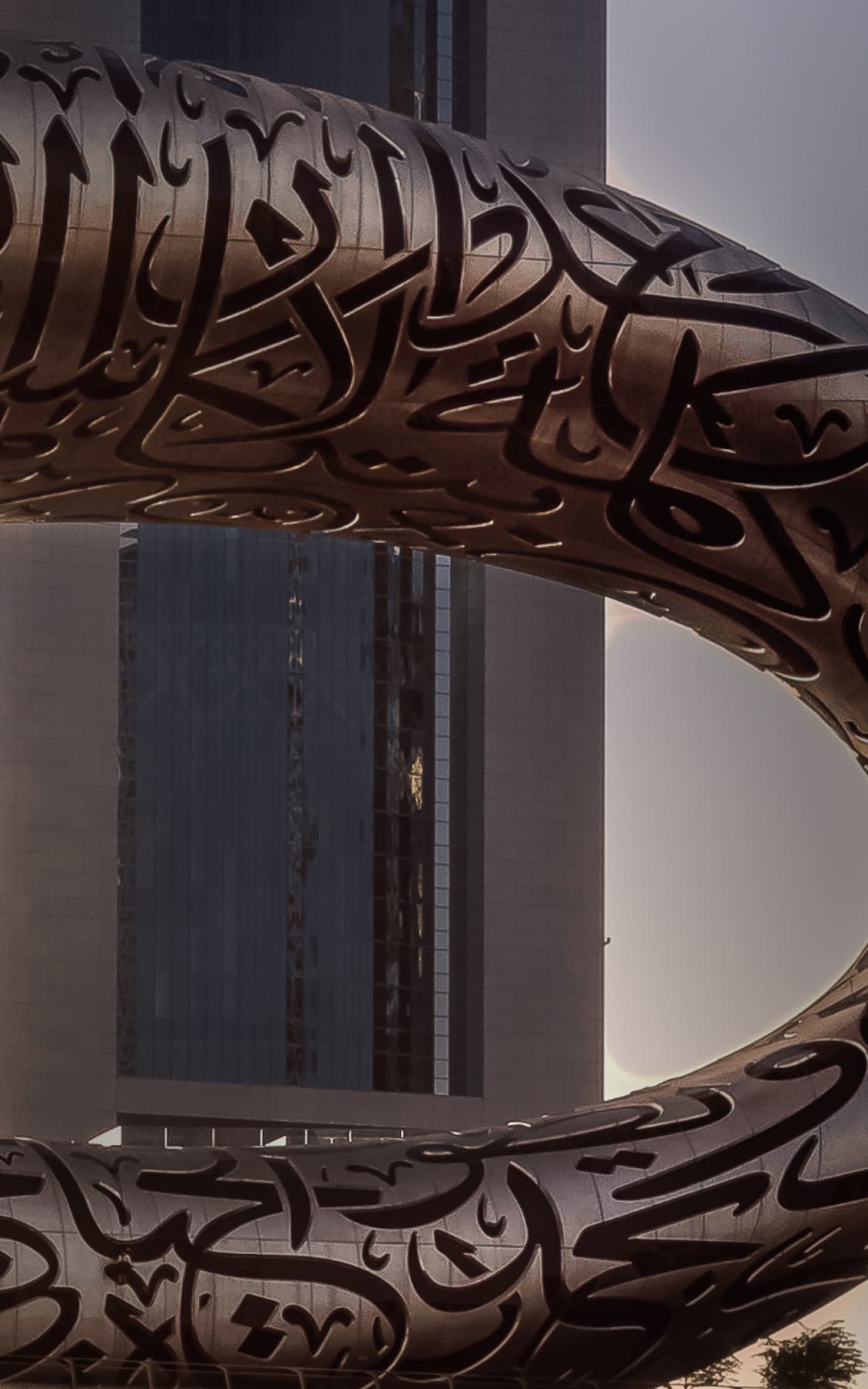
13:18
Amazon Music introduces a generative AI-powered playlist feature

13:07
NASA confirms debris from International Space Station pierced Florida man's roof

23:03
Microsoft invests $1.5B in UAE’s G42 amidst geopolitical tensions

13:04
Threads app testing real-time search results feature

12:54
Elon Musk confirms plan to implement fee for new X users

13:33
Samsung regains top position in global smartphone market, IDC reports

13:18
Amazon Music introduces a generative AI-powered playlist feature

13:07
NASA confirms debris from International Space Station pierced Florida man's roof

23:03
Microsoft invests $1.5B in UAE’s G42 amidst geopolitical tensions

13:04
Threads app testing real-time search results feature

12:54
Elon Musk confirms plan to implement fee for new X users

13:33
Samsung regains top position in global smartphone market, IDC reports
13:18
Amazon Music introduces a generative AI-powered playlist feature
13:07
NASA confirms debris from International Space Station pierced Florida man's roof
23:03
Microsoft invests $1.5B in UAE’s G42 amidst geopolitical tensions
13:04
Threads app testing real-time search results feature
12:54
Elon Musk confirms plan to implement fee for new X users
13:33
Samsung regains top position in global smartphone market, IDC reports
13:18
Amazon Music introduces a generative AI-powered playlist feature
13:07
NASA confirms debris from International Space Station pierced Florida man's roof
23:03
Microsoft invests $1.5B in UAE’s G42 amidst geopolitical tensions
13:04
Threads app testing real-time search results feature
12:54
Elon Musk confirms plan to implement fee for new X users
13:33
Samsung regains top position in global smartphone market, IDC reports
Cryptocurrency exchange Binance continued to process customer transactions in Iran despite US sanctions and a ban on the company doing business there, a Reuters investigation has revealed.
Under a 2015 deal between Iran and six world powers, Tehran restricted its nuclear programme in exchange for the easing of some sanctions. In May 2018, President Donald Trump reneged on the agreement and ordered the re-imposition of US sanctions, which had been eased as part of the deal. The restrictions went into effect again in August and November of that year. At that point, Binance told traders to liquidate their accounts, as service to Iran was being terminated.
However, when Binance's stance on Iran tightened, its popularity among cryptocurrency users grew, traders said. The reasons for its growth in Iran include weak customer compliance checks, as well as an easy-to-use trading platform, high liquidity and numerous cryptocurrencies that can be traded. Users could also easily circumvent restrictions by using virtual private networks (VPNs) and internet protocol (IP) address hiding tools.
Traders said they could only use their accounts on Binance until last September, despite the ban. The exchange then tightened its anti-money laundering checks.
Asal Alizade, a trader in Tehran who said she used the exchange for two years until September 2021:
There were some alternatives, but none of them were as good as Binance. It didn't need identity verification, so we all used it.
The popularity of the exchange in Iran was known internally. Senior employees were aware of the exchange's growing ranks of Iranian users and joked about it, according to 10 messages they sent to each other in 2019 and 2020, quoted here for the first time. "IRAN BOYS," one of them wrote in response to Binance's popularity data on Instagram in Iran.
The operation of the exchange in a country that is under sanctions could spark interest from US regulators.
It is important to clarify here that Binance does not have a head office. The main exchange, Binance.com, does not accept customers from the US, so a separate exchange, Binance.us, has been set up, which is still controlled by Binance founder and CEO Changpeng Zhao, according to a regulatory filing in 2020.
Lawyers say such a structure protects the exchange from direct US sanctions, which prohibit US firms from doing business in Iran. Traders in Iran used the main exchange, Binance, which is not a US company.
However, Binance risks falling under so-called secondary sanctions, which are aimed at preventing foreign companies from doing business with sanctioned entities. Secondary sanctions could cut off a company's access to the US financial system.
The risk to Binance will depend on whether the sanctioned parties traded on the platform and whether Iranian customers escaped the US trade embargo as a result of their transactions. Non-US exchanges "could face consequences for facilitating sanctions behaviour, meaning they could suffer for allowing transactions to be processed for sanctioned parties or if they accept such users," said Erich Ferrari, general counsel at law firm Ferrari & Associates in Washington.
Editor’s pick























